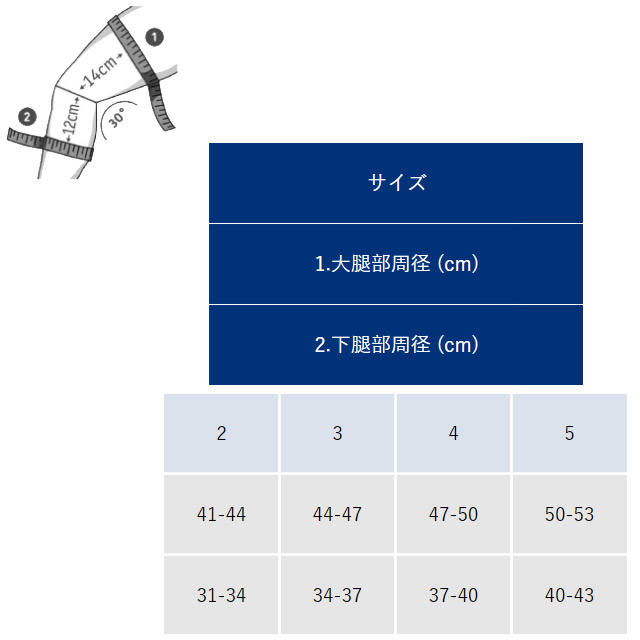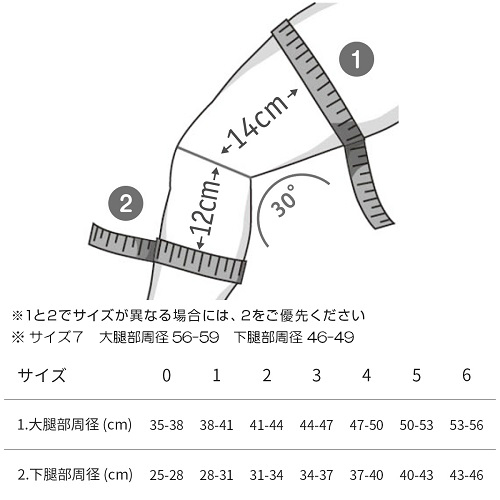2個セット バウアーファインド ゲニュTrain チタン&黒 サイズ2
(税込) 送料込み
商品の説明
★値下げ不可★新品★
2個セットとなります。
(左右兼用)
カラー:チタン・・・1個
カラー:ブラック・・・1個
お好みのカラーで使い分けできるのでおすすめ!
リニューアル!
19%の軽量化!20%の通気性向上!
ひざの不安から解き放たれる、爽快感を
ヒザ用サポーター
●ムレ感を抑えた、肌にやさしいニット編み
●敏感なひざ裏は薄くて柔らかく、ひざの曲げ伸ばしがスムーズです
●ひざの上のパッドが、運動中ひざをマッサージし、疲れを軽減します
●立体縫製により、高いフィット感がもたらされます
炎症(靭帯停止部変性、変形性関節症、関節炎、外傷後及び術後)
不安定感
●特性
通気性の良さと使用時のズレが少ないことがリサーチで高い評価を頂いています。
●対象種目
ランニング バスケ サッカー(フットサル) ベースボール バレーボール
テニス ハンドボール ゴルフ アメフト ラクロス 陸上競技
バドミントン テニス など様々に対応
ドイツ生まれの 「バウアー・ファインド」 サポーター。
ドイツのみならず、全世界の代表チームを公式サポートする唯一の企業に(サポーター分野の15企業より選抜)
オリンピック代表選手のみならずNBA選手やドイツの女子サッカーチームからの信頼も厚く、愛用されています。
膝(ひざ)ひざサポーター ニーサポーター 膝サポーター ひざ用サポーター
#ひざサポーター
#膝サポーター
#ヒザサポーター
#ゲニュTrain
#バウアーファインド
#トレーニング商品の情報
| カテゴリー | スポーツ > トレーニング・エクササイズ > ウエイトトレーニング |
|---|---|
| 商品の状態 | 新品、未使用 |

2個セット バウアーファインド ゲニュTrain チタン&黒 サイズ2-uwasnet.org

2個セット バウアーファインド ゲニュTrain 膝サポーター チタン

2個セット バウアーファインド ゲニュTrain チタン&黒 サイズ2-uwasnet.org

2個セット バウアーファインド ゲニュTrain 膝サポーター チタン

楽天市場】バウアーファインド 膝サポーター ゲニュトレイン/GenuTrain

当店限定商品 2個セット バウアーファインド ゲニュTrain 膝サポーター
膝サポーター スポーツ 医療用 バウアーファインド Bauerfeind

バウアーファインド ゲニュTrain 膝サポーター ブラック サイズ3-
膝サポーター スポーツ 医療用 バウアーファインド Bauerfeind

Genu Train / ゲニュトレイン

【楽天市場】膝サポーター バウアーファインド Bauerfeind ゲニュ
2色展開 バウアーファインド BAUERFIND ゲニュTrain 膝サポーター 左右

バウアーファインド ゲニュTrain 膝サポーター ブラック サイズ2

東京都 2個セットバウアーファインド ゲニュTrain 膝サポーター

2個セット バウアーファインド ゲニュTrain チタン&黒 サイズ2-uwasnet.org
BAUERFEIND バウアーファインド ゲニュトレイン・チタン 五輪公式

2個セット バウアーファインド ゲニュTrain 膝サポーター チタン サイズ2

楽天市場】ゲニュTRAIN バウアーファインド 膝サポーター/チタン

ゲニュTrain | 製品詳細 | 製品・サポート | パシフィックサプライ株式会社

2個セット バウアーファインド ゲニュTrain チタン&黒 サイズ4ヒザ

バウアーファインド ゲニュ Train – フィットネスショップ
BAUERFEIND バウアーファインド ゲニュTrain(ゲニュトレイン) 膝

バウアーファインド 膝用サポーター ゲニュTrain(ゲニュトレイン) 前

楽天市場】膝サポーター バウアーファインド Bauerfeind ゲニュTrain
BAUERFEIND (バウアーファインド) リニューアル ゲニュTrain Genu

ゲニュTrainP3(チタン) | BAUERFEIND:バウアーファインドオフィシャル

2024年最新】バウアーファインド 膝の人気アイテム - メルカリ

ゲニュTrainP3(チタン) | BAUERFEIND:バウアーファインドオフィシャル

楽天市場】【送料無料】ポイント10倍 BAUERFEIND バウアーファインド

ひろさま専用】Bauerfeind ゲニュトレイン 膝サポーター 新品-

Amazon.co.jp: バウアーファインド ゲニュ TRAIN P3 チタン 右=1 W164
バウアーファインド 膝サポーター ゲニュトレイン チタン : bau-w151
膝サポーター サイズ交換可 バウアーファインド Bauerfeind

BAUERFEIND(バウアーファインド) ゲニュトレイン サイズ1 - その他

ゲニュTrainP3 | 製品詳細 | 製品・サポート | パシフィックサプライ

楽天市場】Bauerfeind バウアーファインド ゲニュトレイン 膝
膝サポーター スポーツ 医療用 バウアーファインド Bauerfeind

ゲニュTrain(チタン) | BAUERFEIND:バウアーファインドオフィシャル

楽天市場】バウアーファインド【BAUERFEIND】膝サポーター

ゲニュTrain(チタン) | BAUERFEIND:バウアーファインドオフィシャル






商品の情報
メルカリ安心への取り組み
お金は事務局に支払われ、評価後に振り込まれます
出品者
スピード発送
この出品者は平均24時間以内に発送しています














